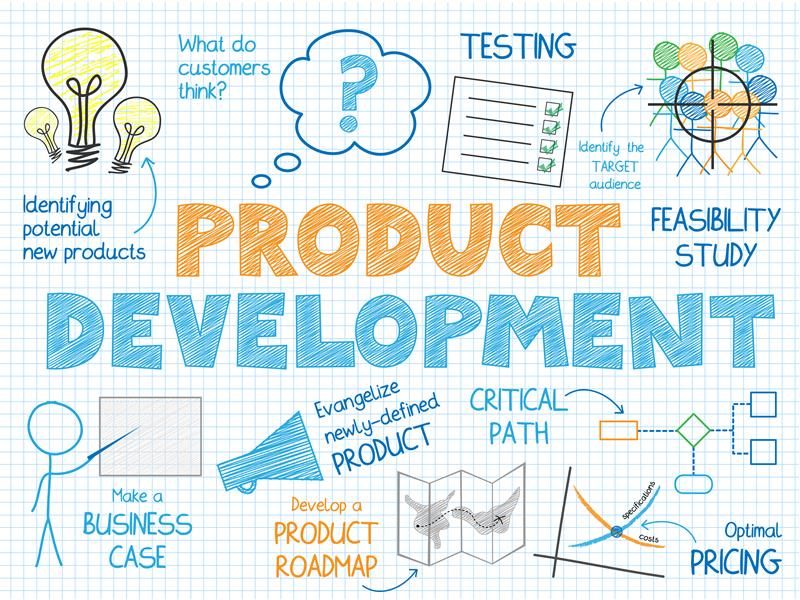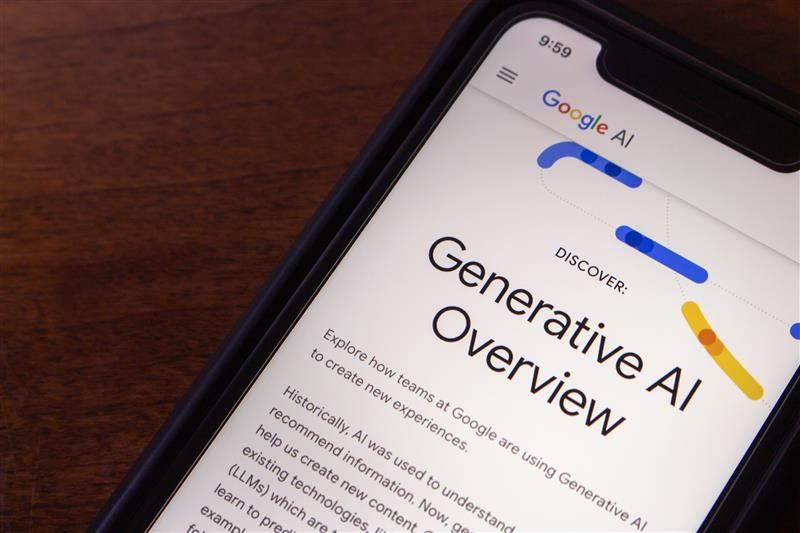Dynamic Micro Sites
Executive Summary
Zeis Group, a company managing websites for various clients, faced challenges in creating and deploying new sites for each client, a process that was time-intensive and resource-heavy. By leveraging tools like VS Code, MS Teams, and technologies including Next.js, Tailwind CSS, and Contentful CMS, the team developed a solution to dynamically generate microsites based on client data. This innovative approach allowed for rapid deployment of flexible, customized sites, significantly reducing time and costs associated with traditional website development.
Client Background
Zeis Group specializes in managing web solutions for a diverse clientele. With a portfolio spanning multiple industries, the company offers tailored websites that align with each client’s unique brand and operational needs. However, the traditional method of creating dedicated websites for each new client proved to be a bottleneck, requiring extensive development time and resources.
Zeis Group’s mission is to simplify website creation without compromising on quality, empowering their clients with dynamic and customized online presences.
Business Problem
The traditional process of building dedicated websites for new clients presented several challenges:
- Resource-Intensive Development: Each new client required hiring developers to build, customize, and deploy a unique site, increasing costs and time-to-market.
- Scalability Issues: As the client base grew, the need for additional resources to meet demand made scaling operations difficult.
- Lack of Flexibility: Limited options for dynamic site creation made it challenging to quickly adapt to client needs or provide diverse design layouts.
- Time Constraints: The manual development process delayed the launch of client sites, impacting Zeis Group’s ability to onboard new clients efficiently.
Proposed Solution
Zeis Group implemented a dynamic site creation platform powered by Contentful CMS and a Next.js frontend. This innovative approach streamlined the website development process, allowing for rapid, automated deployment of customized microsites.
Key Features of the Solution
- Dynamic Website Generation: Users can generate websites with varying layouts by simply providing data inputs. The CMS dynamically populates site content, eliminating the need for extensive custom development.
- Contentful CMS Integration: Contentful acts as a centralized content hub, enabling flexible data management and seamless integration with the frontend.
- Next.js Frontend: A scalable and responsive frontend framework ensures fast loading times and an optimized user experience across devices.
- Tailwind CSS for Styling: Modular, reusable styling components simplify design consistency and customization, allowing diverse layouts tailored to client branding.
Implementation
Tools and Technologies Used
Tools:
- MS Teams: Facilitated communication and collaboration among development teams.
- VS Code: For efficient development and code managemen.
Technologies:
- Frontend: Built with Next.js and styled using Tailwind CSS for a responsive and dynamic user interface.
- CMS: Integrated with Contentful, providing a robust backend for managing content and enabling seamless data delivery to the frontend.
Implementation Process:
- Requirement Analysis: Zeis Group identified the core features needed for dynamic site generation and mapped out workflows to ensure a seamless transition from traditional development to CMS-driven automation.
- CMS Integration: Contentful was configured to store and manage client data, including content, images, and layout preferences. Templates were designed to accommodate diverse site layouts.
- Frontend Development: Using Next.js and Tailwind CSS, developers created a modular frontend capable of dynamically rendering content based on data retrieved from the CMS.
- Testing and Deployment: The system was tested for scalability, performance, and usability, ensuring it could handle multiple clients and varied data inputs without compromising on speed or quality.
- User Training and Handover: Zeis Group’s team was trained to use the CMS efficiently, enabling them to create and deploy new microsites independently.
Results and Impact
Reduced Development Time:
The new system eliminated the need for manual development of individual sites, reducing the average deployment time by over 70%.
Cost Efficiency:
By minimizing reliance on developers for new client onboarding, Zeis Group significantly lowered operational costs.
Scalability:
The platform’s dynamic capabilities allowed Zeis Group to handle a growing client base without additional resource strain.
Improved Client Experience:
Clients benefited from faster site launches and the flexibility to customize layouts and content based on their branding needs.
Operational Efficiency:
Centralized content management streamlined updates and maintenance, enabling Zeis Group to focus on delivering value to their clients.
Key Features Delivered
- Dynamic Site Creation: Websites with diverse layouts generated automatically based on client data.
- CMS Integration: Contentful provided a centralized system for managing site content and layouts.
- Customizable Layouts: Tailwind CSS enabled quick customization of designs to meet client branding requirements.
- Rapid Deployment: Next.js ensured fast and efficient site rendering for improved performance.
- Ease of Management: Users could easily update content and manage multiple sites via the intuitive CMS interface.
Conclusion
Zeis Group’s dynamic microsite generation platform has transformed how they manage websites for their clients. By automating site creation and leveraging CMS-driven workflows, the company has enhanced operational efficiency, scalability, and client satisfaction.
This innovative approach positions Zeis Group as a leader in streamlined web development solutions, enabling them to support a growing client base without compromising on quality or speed.
Let our Expert Engineers and Solution Architects manage your business.






